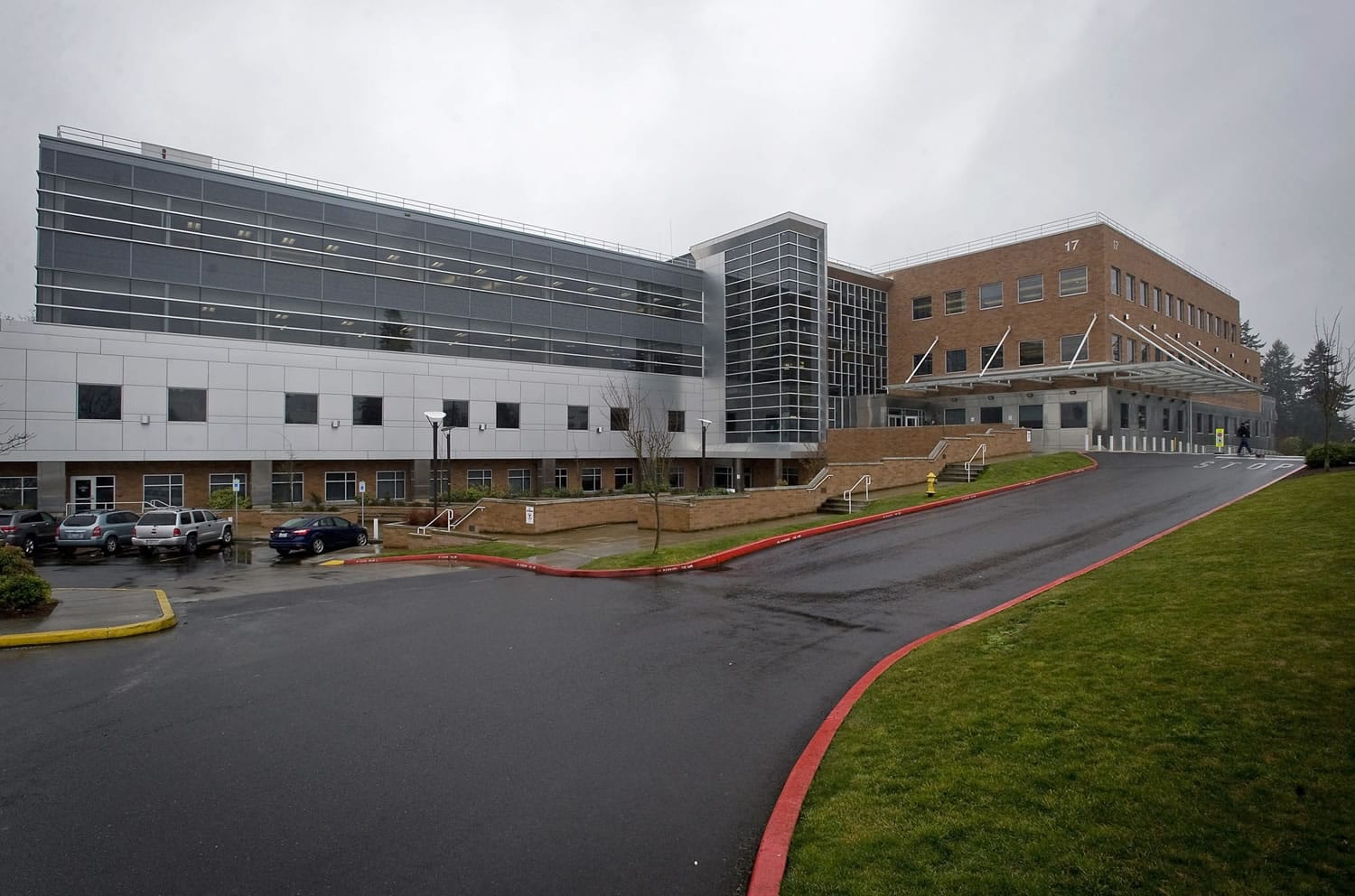The monthly rent schedule at the Clark County Center for Community Health, 1601 E. Fourth Plain Blvd. County departments pay less per square foot because they don’t contribute to the county’s debt service. The U.S. Department of Veterans Affairs, which occupies approximately 17 percent of the building, doesn’t pay rent because the VA leased the property the building sits upon to the county for free.
Lifeline Connections — $102,154 (57,123 billable square feet)
Community Services Northwest — $22,454 (12,556 sq. ft.)
Clark County Department of Public Health — $34,519 (47,888 sq. ft.)
Telecare — $12,262 (6,369 sq. ft.)
Clark County Department of Community Services — $11,322 (15,708 sq. ft.)
Cowlitz Indian Tribe Health and Human Services — $5,255 (2,939 sq. ft.)
Consumer Voices Are Born — $4,907 (2,744 sq. ft.)
Columbia River Mental Health Services — $557 (312 sq. ft.)
The Board of Clark County Commissioners’ emergency loan to Lifeline Connections didn’t just save a private nonprofit that offers essential public services, a specific finding made by commissioners to justify the loan.
This month’s loan also saved the largest tenant in the Clark County Center for Community Health, a $38.9 million building not scheduled to be paid off until 2035.
Lifeline’s medical director, Dr. Gilbert M. Simas, named the $1.2 million in annual rent Lifeline pays to the county as one of the organization’s biggest costs when he was explaining to commissioners on Feb. 8 about the organization’s cash-flow problems and why it needed a $190,000 loan to make payroll.



